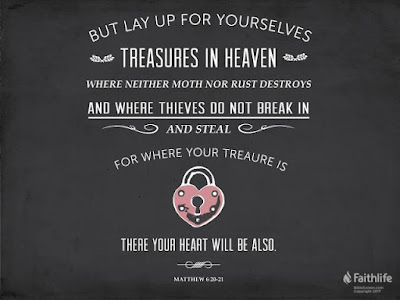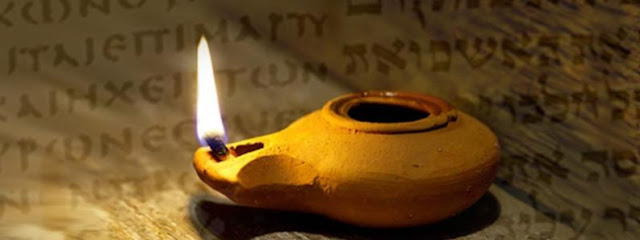Kingdom of God Vs. Kingdom of Heaven

" But seek first the kingdom of God and his righteousness, and all these things will be added to you. " - Matthew 6:33 Finishing up this section, I found this bit of commentary from Scofield interesting. I've puzzled over the Kingdom of God before--how can it be now, I've wondered. How can you enter into it now? These types of messy matters slow me down in my reading, so I'm tempted to toss them aside and move to the next narrative. It's always a balance with these things. But, how can one justify blowing by such a big concept? Although the Kingdom of God and the Kingdom of Heaven have much in common, the terms are distinct and not interchangeable. My summary of differences based on Scofield: Kingdom of God- -only by new birth, universal (includes angels, saints), timeless, inward, spiritual, doesn't "show" on the outside. Kingdom of Heaven-- in this current era may be true or false (visible Church?), the outworking of the time-bo















